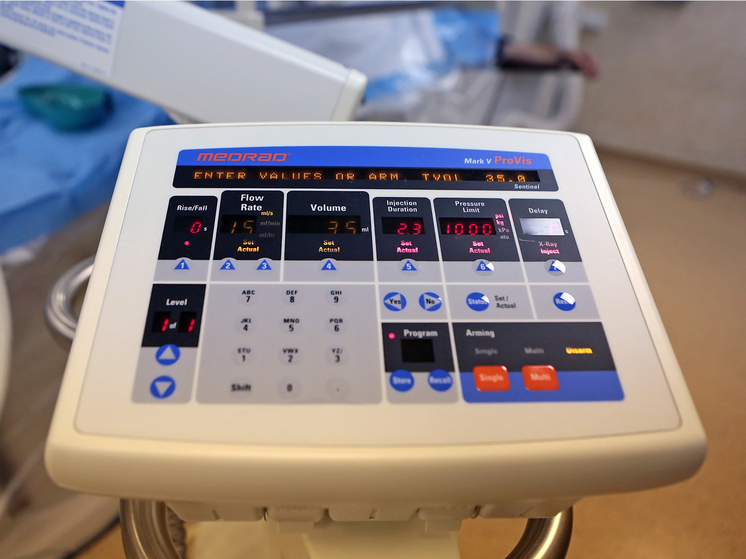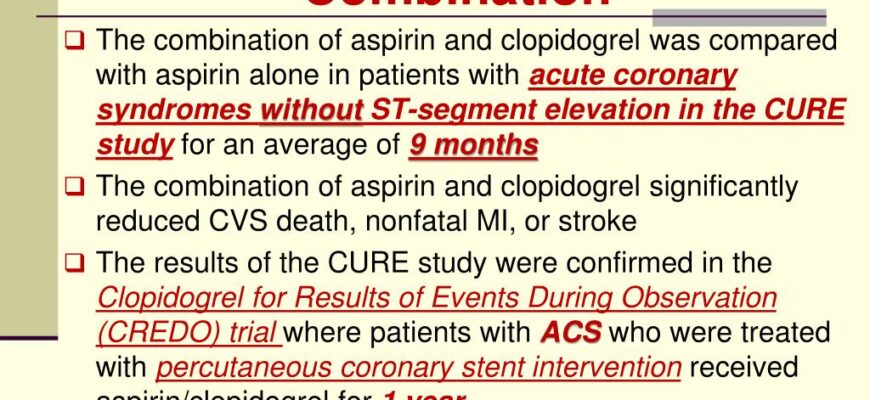A landmark study poised to reshape global cardiology guidelines and offer new hope in the fight against cardiovascular disease.

Scientists herald a new era in preventative cardiology, challenging long-held beliefs.
For decades, aspirin has been the unsung hero, the humble first line of defense in the global battle against cardiovascular calamities. Its straightforward ability to thin the blood has, quite literally, kept millions of hearts beating and brains functioning, a testament to its simple yet profound efficacy. Yet, even the most established treatments must eventually face the relentless scrutiny of ongoing scientific inquiry. And sometimes, those inquiries lead to a paradigm shift that demands we rethink everything we thought we knew.
Enter Clopidogrel, a blood-thinning medication already familiar in medical circles, but now poised to rewrite the preventative cardiology rulebook. A comprehensive meta-analysis, recently unveiled at the prestigious European Society of Cardiology Congress in Madrid and simultaneously published in the esteemed medical journal The Lancet, suggests Clopidogrel is not just an alternative; it is, quite possibly, a superior one.
The Aspirin Era: A Legacy Under Scrutiny
For the better part of a century, low-dose aspirin has been a household name, recommended to countless individuals at risk of heart attacks and strokes. The principle is simple: by making blood less “sticky,” aspirin helps prevent the clots that can block arteries, causing these life-threatening events. It`s been a cornerstone of cardiovascular prevention, a daily ritual for many hoping to ward off the invisible threats lurking within their circulatory systems.
A New Champion Emerges: The Clopidogrel Revelation
The new research, however, presents a compelling challenge to Aspirin`s long-held supremacy. An international consortium of researchers, spanning the globe from the USA and UK to Australia, Switzerland, and Japan, meticulously analyzed data from nearly 29,000 patients suffering from Coronary Artery Disease (CAD). CAD, for the uninitiated, is the world`s leading cause of death and disability, a condition where arteries supplying the heart narrow due to fatty plaque buildup, culminating in angina, heart attacks, or strokes.
The findings are, to put it mildly, quite significant. Patients on long-term Clopidogrel monotherapy experienced a remarkable 14% lower risk of major adverse cardiovascular or cerebrovascular events – a clinical catch-all term for heart attacks, strokes, or cardiovascular-related deaths – compared to those on Aspirin. What’s more, this enhanced protection came without an increased risk of serious bleeding, a common and often feared complication associated with blood thinners. It appears we might indeed have a way to reduce risk more effectively without adding undue peril.
Beyond the Numbers: Widespread Applicability
The robustness of this study is particularly noteworthy. The improved efficacy of Clopidogrel was consistent across diverse patient subgroups, including individuals who had undergone procedures like stent placement, those who had experienced acute coronary syndrome, and even those with genetic predispositions suggesting a poorer response to Clopidogrel. This broad applicability underscores the potential for widespread adoption, suggesting that the benefits are not limited to a niche patient population.
As the researchers stated in The Lancet, this “comprehensive synthesis of available evidence indicates that in patients with CAD, long-term Clopidogrel monotherapy provides superior protection against major cardiac and cerebrovascular complications compared with aspirin, without an excessive risk of bleeding.” This is a strong declaration, suggesting a re-evaluation of current clinical practice is not just warranted, but necessary.
The Road Ahead: Redefining Global Health Guidelines
The implications of this research are vast, potentially influencing clinical guidelines worldwide. While aspirin will undoubtedly remain a valuable tool in certain medical scenarios, these results advocate for Clopidogrel to be considered the preferred long-term antiplatelet therapy for many CAD patients. Professor Bryan Williams, Chief Scientific and Medical Officer at the British Heart Foundation, succinctly summarized the potential impact: “These results are likely to influence the medications doctors prescribe to their patients to reduce their risk of future heart problems.”
Of course, as with all major medical shifts, the path from groundbreaking research to universal clinical adoption involves further steps. Future studies will need to explore the cost-effectiveness of Clopidogrel on a broader scale, alongside comprehensive real-world population studies to fine-tune its integration into global healthcare systems. However, the initial data are undeniably compelling.
In the ever-evolving landscape of medicine, today`s gold standard can become tomorrow`s stepping stone. The announcement from Madrid marks not just a scientific victory but a beacon of hope, promising a future where heart attacks and strokes are, perhaps, a little less common. The humble Clopidogrel, once a reliable supporting actor in the pharmaceutical ensemble, is now vying for the lead role, and the cardiology world is watching with bated breath, ready to embrace a new chapter in cardiovascular prevention.








